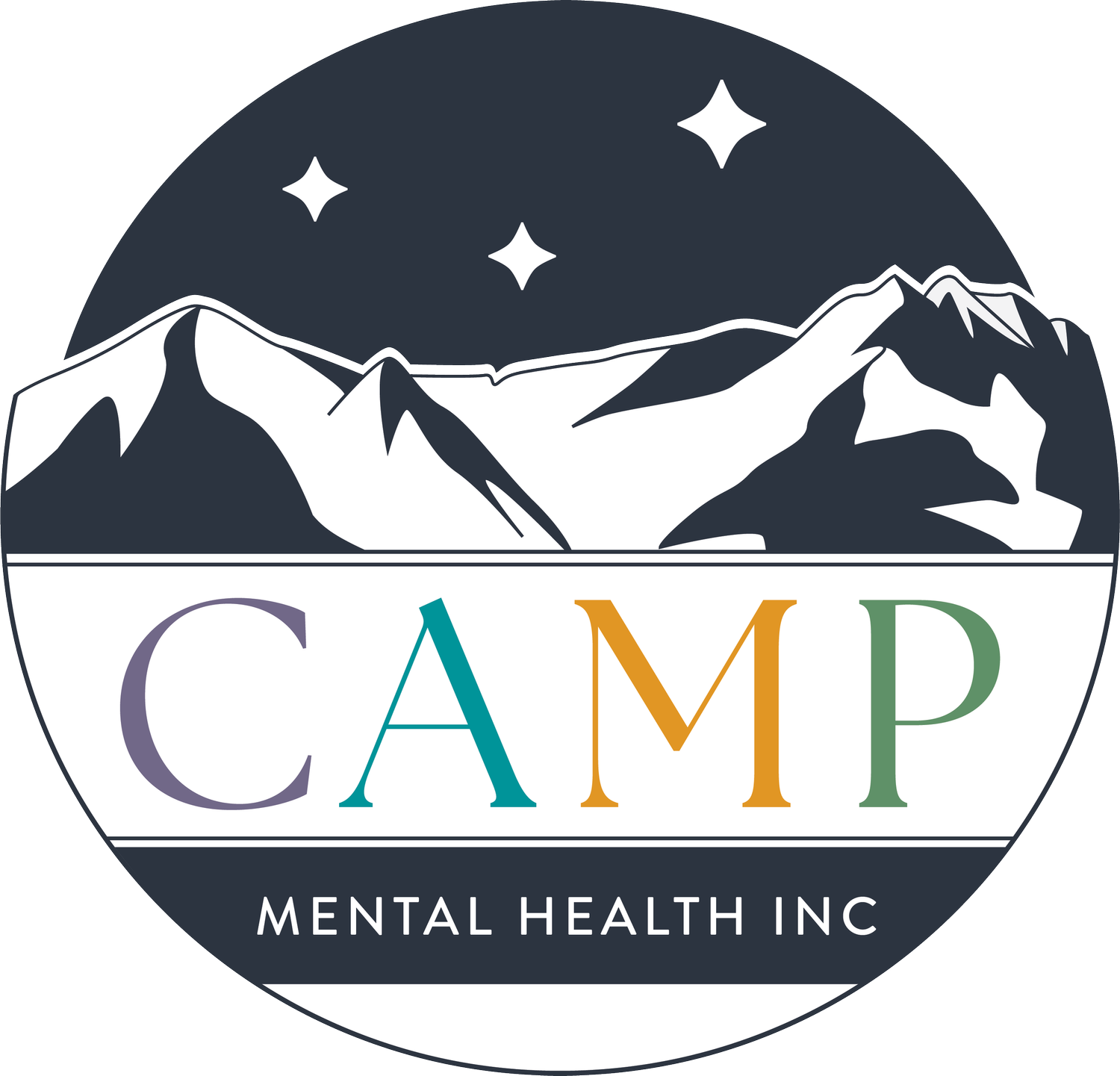Why Resilience Isn’t Always the Answer
The word resilience gets used a lot in education, healthcare, parenting—and yes, even in our work at CAMP. But after our recent conversation with Kerry Cavers, founder of Moms Against Racism, we’re rethinking everything.
Kerry reminded us that when resilience is framed as overcoming challenge, we risk glorifying survival and ignoring the systems that cause the harm in the first place.
What if we stopped celebrating those who "rise above" and started building a world where they didn’t have to?
That’s liberation. That's the shift we are making away from toughness, toward wholeness perspective.
🧠 The Neuroscience
Chronic exposure to adversity—especially racism and systemic oppression—activates the brain’s threat response systems (amygdala, HPA axis). This “always on” stress state harms mental and physical health, and it’s not something more grit or breathing exercises can fix.
⚒️ Resilience Tools with CAMP:
Start simply: Notice the Thought
When you see a struggling child, student, or colleague, notice your first thought.
Ask: Would I think the same if they looked different than me?
Don’t judge it—just get curious. Awareness is the first step toward equity. Liberation begins with the questions we’re willing to ask ourselves.

